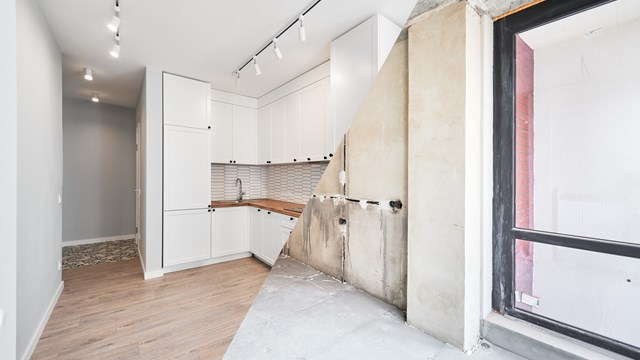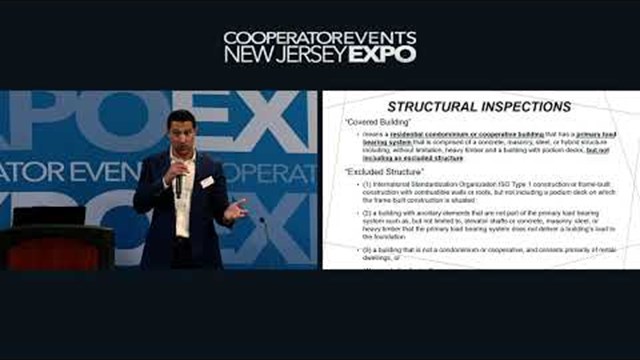
Q. A homeowner in a condo asks the board to allow the alteration of the balcony enclosure to a taller height. The board and management company agree and the alteration takes place. Twenty-five years later a new manager says that was improper and the balcony must go back to original standards. Is there a statute of limitations on this balcony?
—Seeking Lawful Solution
A. “I am not aware of any Statute of Limitations that is applicable to this circumstance, but there are various issues that may pertain,” says Henry C. Walentowicz, Esq., of the Clifton-based firm Celentano, Stadtmauer & Walentowicz, LLP. “The defenses of estoppel and laches would be relevant. Even in the context of governmental action, estoppel can apply. In East Orange v. Bd. of Water Com’rs of East Orange, 73 N.J. Super. 440 (Law Div. 1962), affirmed 40 N.J. 334 (1963), the court held that the action of an unauthorized agent can be ratified so long as the action was not ultra vires. When a condominium’s action is intra vires and not ultra vires, the former can be cured. See Port Liberte II v. New Liberty, 435 N.J. Super. 51 (App. Div. 2014). A defense based upon the statute of repose (10 years) or adverse possession (20 years) could also be argued.
“The homeowner relied upon the apparent approval of the board and the management company to his detriment. That board and management decision may have been ratified by the unit owners at the subsequent annual meeting. The question itself provides little factual information. On what authority does the current manager assert that the balcony must be changed? Has the current board made that determination? Perhaps if the current board can compensate the unit owner for the expense of changing to the original condition without any prejudice to the unit owner, a remedy can be achieved.”









Leave a Comment